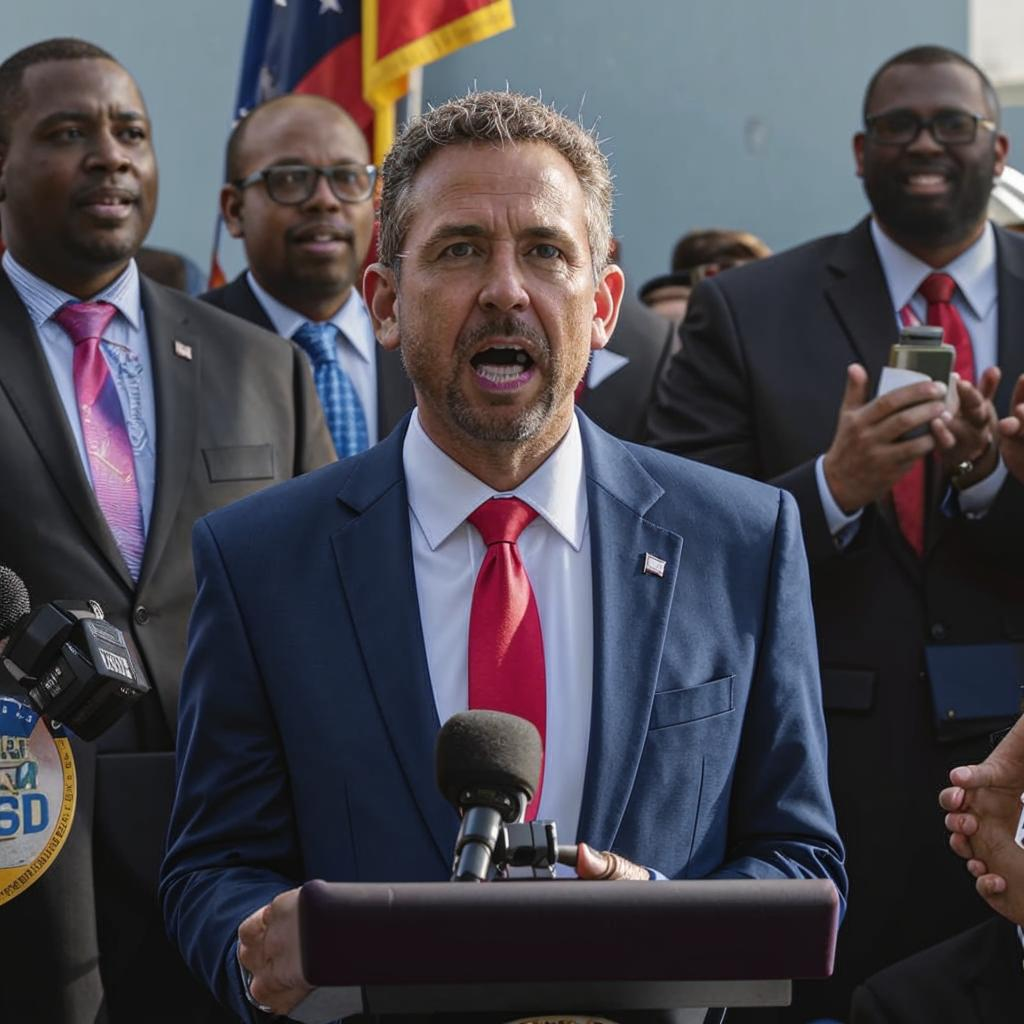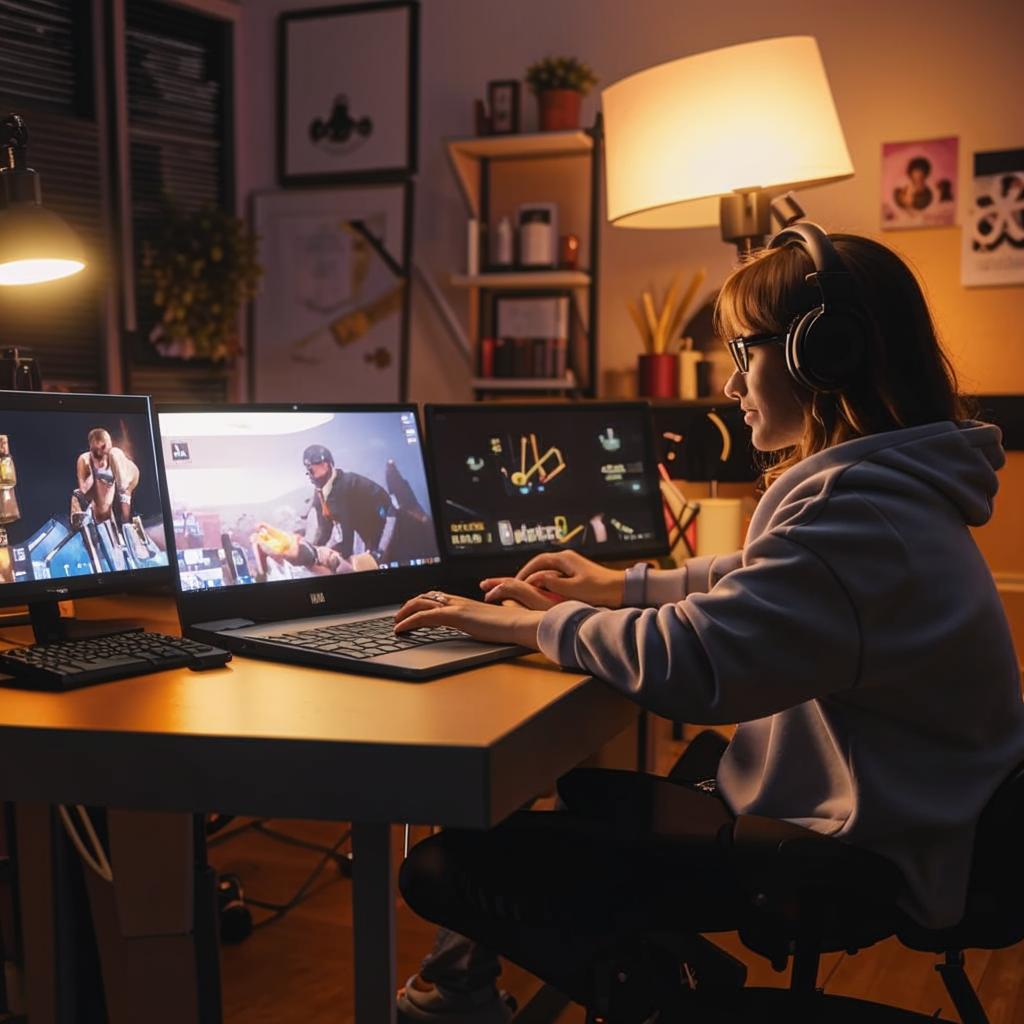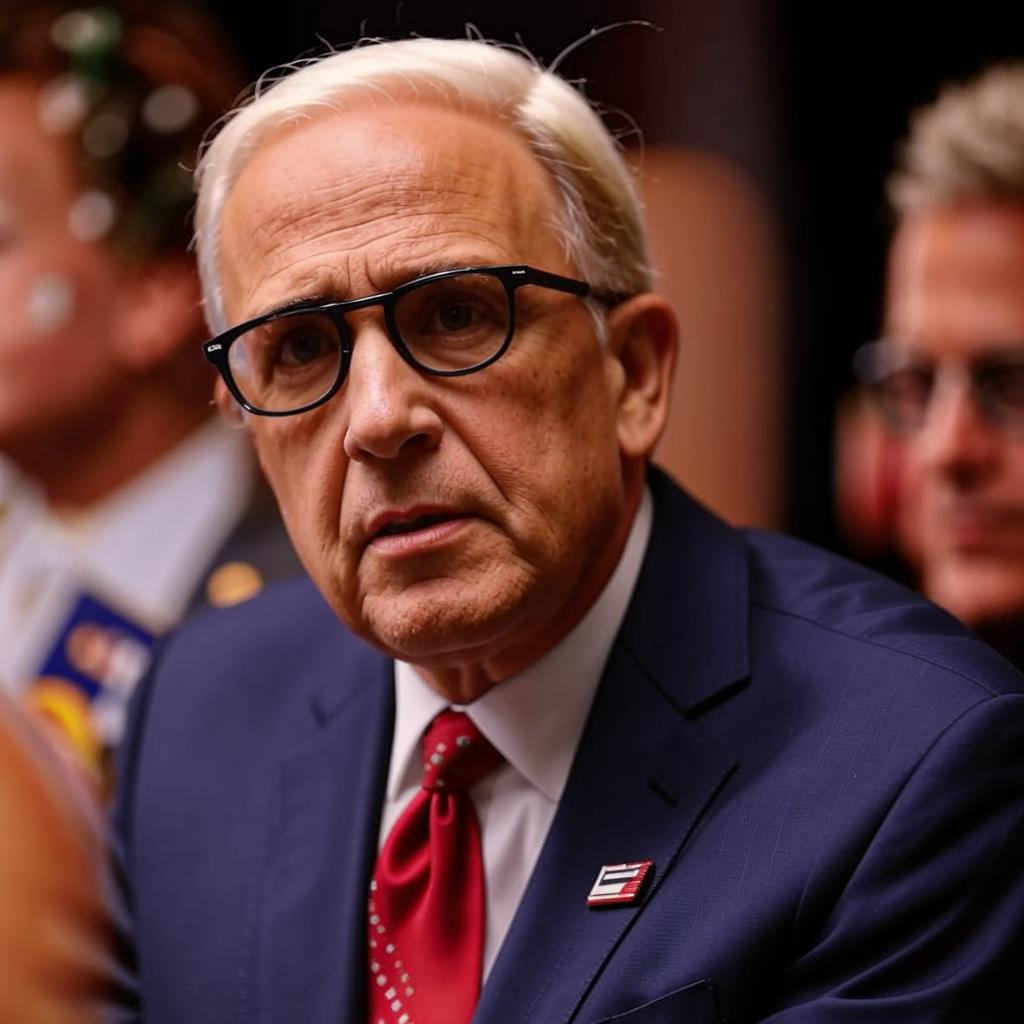The United States is grappling with a severe mental health crisis, exacerbated by unequal access to care. Millions of Americans, particularly those in rural areas, low-income communities, and marginalized groups, face significant barriers to receiving timely and effective mental healthcare. These barriers include a shortage of mental health professionals, high costs of treatment, lack of insurance coverage, and the stigma associated with seeking help.
The consequences of this lack of access are far-reaching. Untreated mental health conditions can lead to increased rates of suicide, substance abuse, homelessness, and involvement in the criminal justice system. The economic impact is also substantial, with lost productivity and increased healthcare costs.
Several initiatives are underway to address this crisis. Telehealth services are expanding access to care for those in remote areas. Efforts are being made to integrate mental healthcare into primary care settings. Advocacy groups are working to raise awareness and reduce stigma. However, much more needs to be done to ensure that all Americans have access to the mental healthcare they need to thrive. States are beginning to pass legislation to require primary care physicians to complete additional training on mental health. The White House is proposing to dedicate more funds to increasing awareness of mental health resources.
Solving this crisis requires a multi-faceted approach involving government, healthcare providers, community organizations, and individuals. It’s crucial to invest in expanding the mental health workforce, improving insurance coverage, and promoting early intervention and prevention programs. Ultimately, creating a society that prioritizes mental well-being for all its citizens will require a fundamental shift in attitudes and policies.















